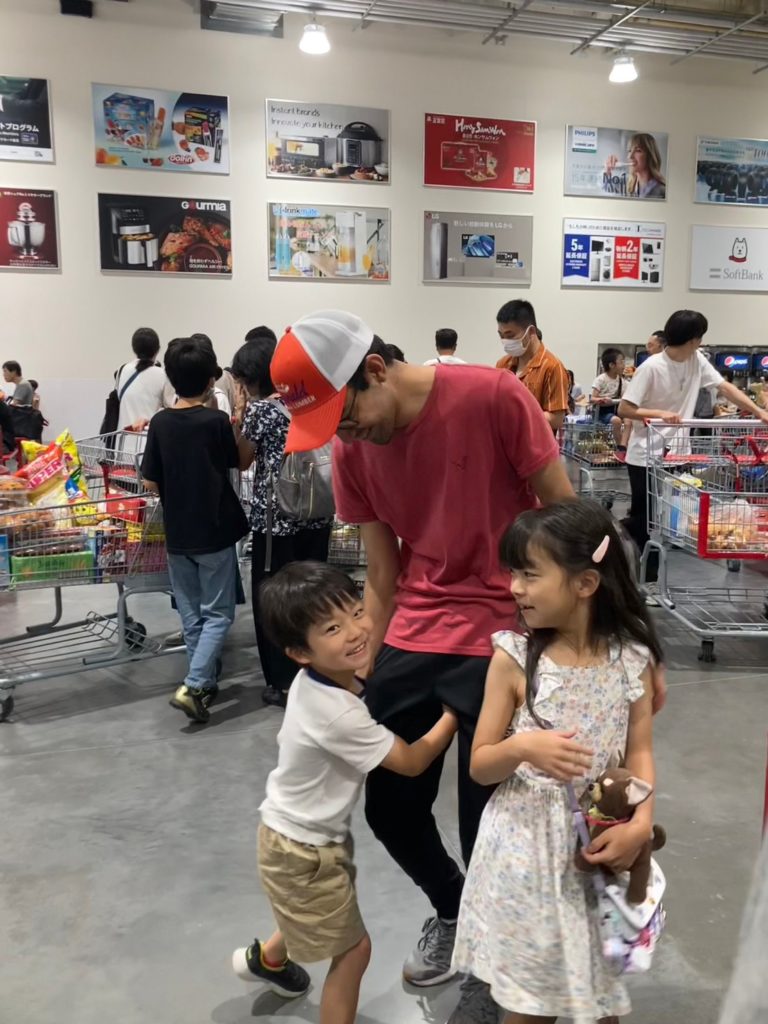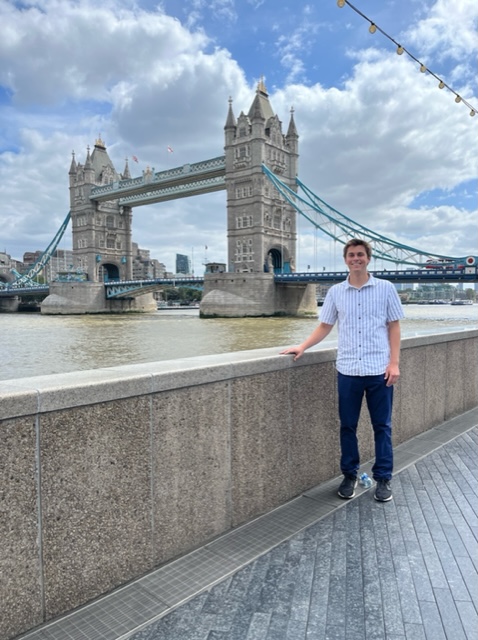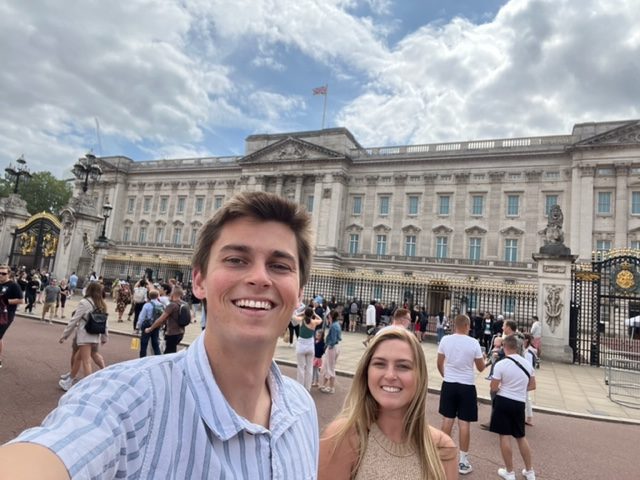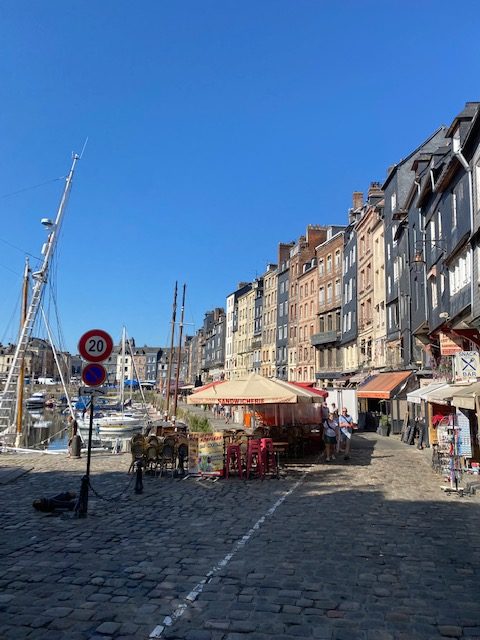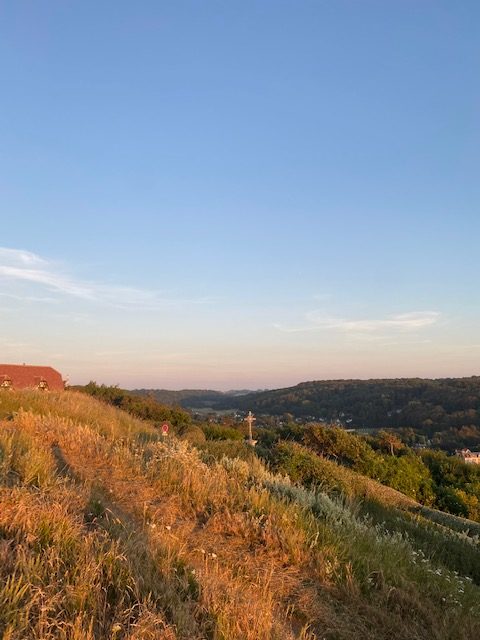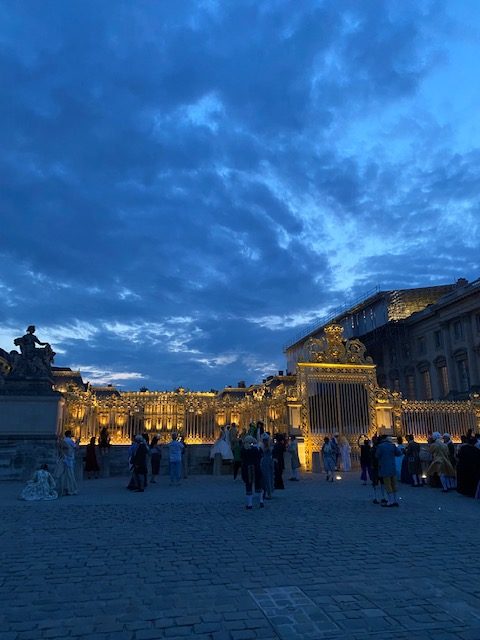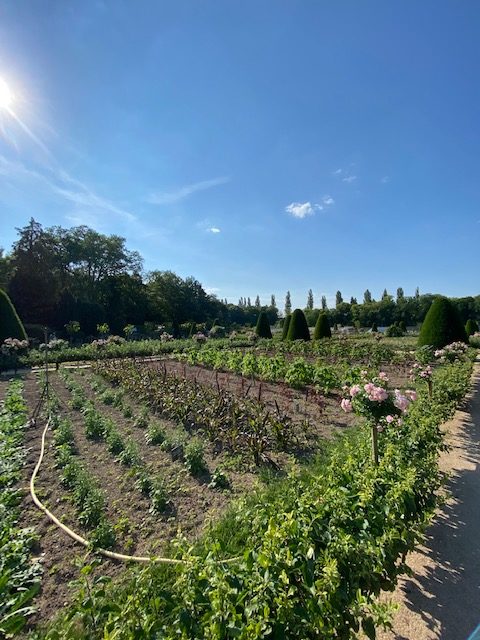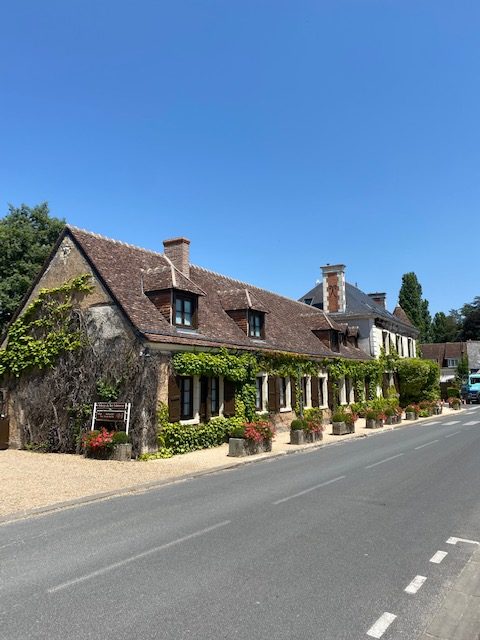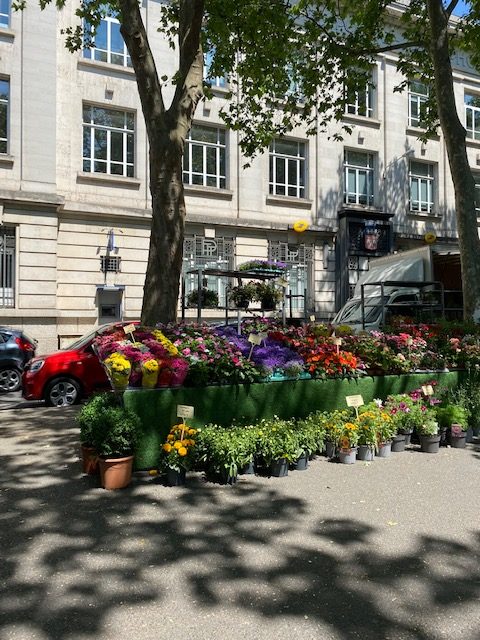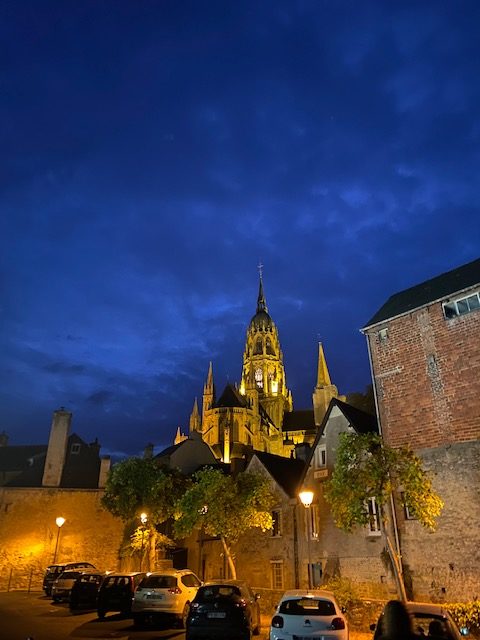
Fortunately, Ecuador has a history of strong public transportation, enabling me to travel wherever I wanted, throughout Cuenca or the country, without the need of a car. However, after learning to navigate the bus system, I was not prepared to learn how to navigate the cultural norms on the bus.
While I am not extremely experienced in using public transportation in the US, when I am on a bus or a train, I put on my headphones, keep to myself, and do school work if I am able. While I expected that I should be careful with my belongings and typically avoided music on the bus, I was not prepared for the marketplace that the bus would turn in to.
After a few minutes of happily enjoying the mountain views as I bussed an hour away to the town of Paute to visit my old host family, the bus stopped as someone got on wearing a microphone headset and carrying a speaker, along with a giant bag, overflowing with some sort of candy wrapped in plastic (I later was told that these were melcochas, a traditional taffy candy that I learned how to make with my host aunt). The man began passing out samples of the candy as he began a long-winded speech by blessing us, explaining his where he was from, and how the proceeds of the melcochas would help those struggling with alcoholism. He walked up and down the aisle talking, asking questions, and touting the freshness of his taffy.
This became a regular occurrence, as people hopped on the bus to sell fruit, candy, locally produced lotions, school supplies, headphones, and phone chargers, with multiple salesmen trying to find customers at the same time. While this experience was still new, I struggled to even describe what was going on. I struggled to hear their Spanish over the loud bus and was confused as to why the sales pitch included handing out samples of the product being sold.
While I learned to adapt, the first occurence of this was not without hiccups. As I was handed the sweet melcocha through sentences painting pictures of down-on-their-luck people struggling with addiction, I immediately unwrapped it and tried it without thinking, as I assumed that the sample was free. However, this interpretation could not have been more incorrect. As I looked around at the other Ecuadorians on the bus, the stared blankly out the window and did not give the salesman a second thought, patiently waiting with their sample. This confused me, until the salesman wrapped up his speech and began taking the melcochas back from those that didn’t eat it. Immediately realizing my mistake, I dug through my backpack to find some spare change to pay for the candy – I had fallen into the salesman’s trap (but the melcocha was worth it!). I luckily found a few spare coins at the bottom of my bag, and felt stupid for falling prey to such a simple sales tactic.
Evaluating the incident for what happened, however, should dissuade myself from these negative feelings as I was still adapting to a new place and practicing the language. It is also very difficult to refuse a new and foreign sweet treat. While my immediate reaction was negative, thinking about the incident yielded laughter as a recounted it to my host family over a fresh meal of seco de pollo that night.




